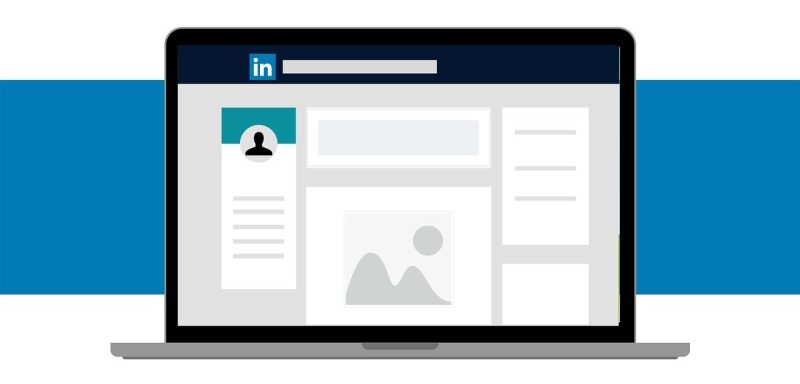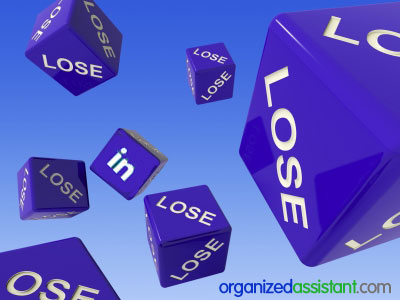You Should Be on LinkedIn, and Here’s Why
This page may contain links to Amazon.com or other sites from which I may receive commission on purchases you make after clicking on such links. Read my full Disclosure Policy

It seems that all the buzz these days is about Twitter, but there’s another important social network that’s been around even longer. Established in 2003, LinkedIn currently reports 45 million users, approximately three times as many as Twitter.
Of course the main purpose of any social networking site is to network, but there are other benefits to being on LinkedIn.
Search Engine Positioning
LinkedIn allows you to include as much detailed information as you wish on your profile, providing you with a great opportunity to use keywords abundantly. Not only does this help you to be found by a person searching on LinkedIn for someone with your expertise, but it means your profile itself will come in Google and other search engines. There has been more than one occasion where I couldn’t remember an individual’s website address or the name of their business, but I’ve easily found their LinkedIn profile on Google, simply by searching on their name.
LinkedIn also allows you to enter links to your business website, your blog, and any other sites you have. Links from high quality sites will help your own sites’ search engine positioning as well.
Recommendations
Any recommendations you receive via LinkedIn are displayed prominently on your profile. You can take advantage of this to request recommendations from a wide range of people. They don’t necessarily have to be clients – they may be colleagues with whom you’ve worked on a committee or collaborated on a project, people who have heard you speak or used your products, former employers or co-workers – anyone who is in a position to comment on your work. You always have an opportunity to approve recommendations before they are published on your profile, so if you don’t think the individual has worded it in a way that is beneficial to you, you can ask them to edit it or simply leave it unpublished.
In some cases, you may wish to copy recommendations to your website or other marketing materials, or you can simply place a link after the testimonials on your site, inviting others to read more recommendations on your LinkedIn profile. LinkedIn recommendations can have even more impact than testimonials placed on your website, because they are linked to the profile of the person making the recommendation, so there’s never any question as to the authenticity.
I’ll be sharing some tips for effective networking on LinkedIn in some future posts. In the meantime, you’ll find some great information on the LinkedIn Blog.
If you haven’t already, please connect with me on LinkedIn. I’d appreciate a note letting me know you read Your Organizing Business. There are people who refer to themselves as “open networkers” but I’m not one of them.
Image by happyyiu21 from Pixabay




Great tips, Janet. I set up a LinkedIn profile a couple of weeks ago, then ran out of time to work on it. Now, with your advice, I’ll get back to it. Thanks for the info and the nudge. 🙂
You’re welcome, Moreen! If you have any questions about using LinkedIn, feel free to submit them here.